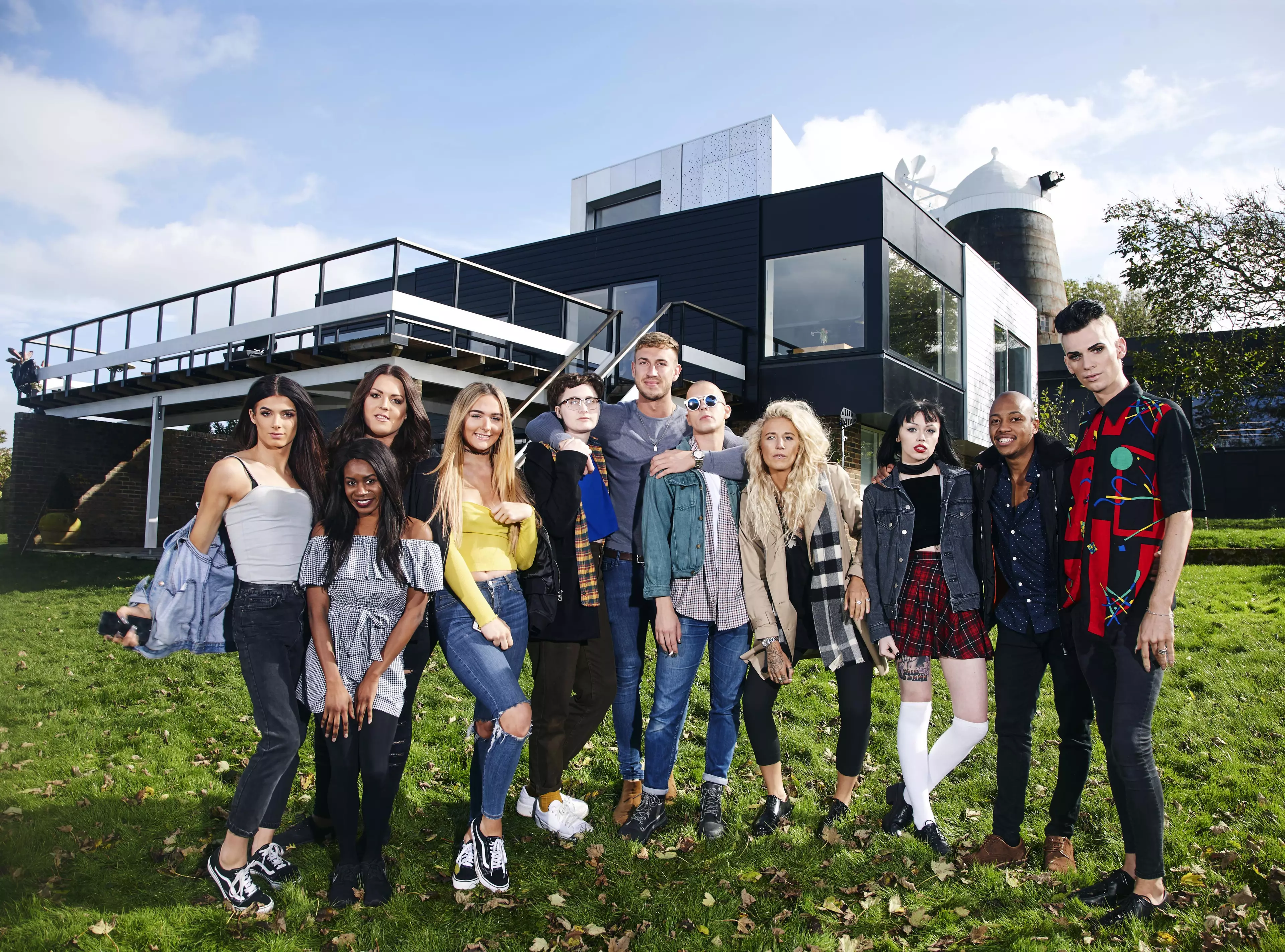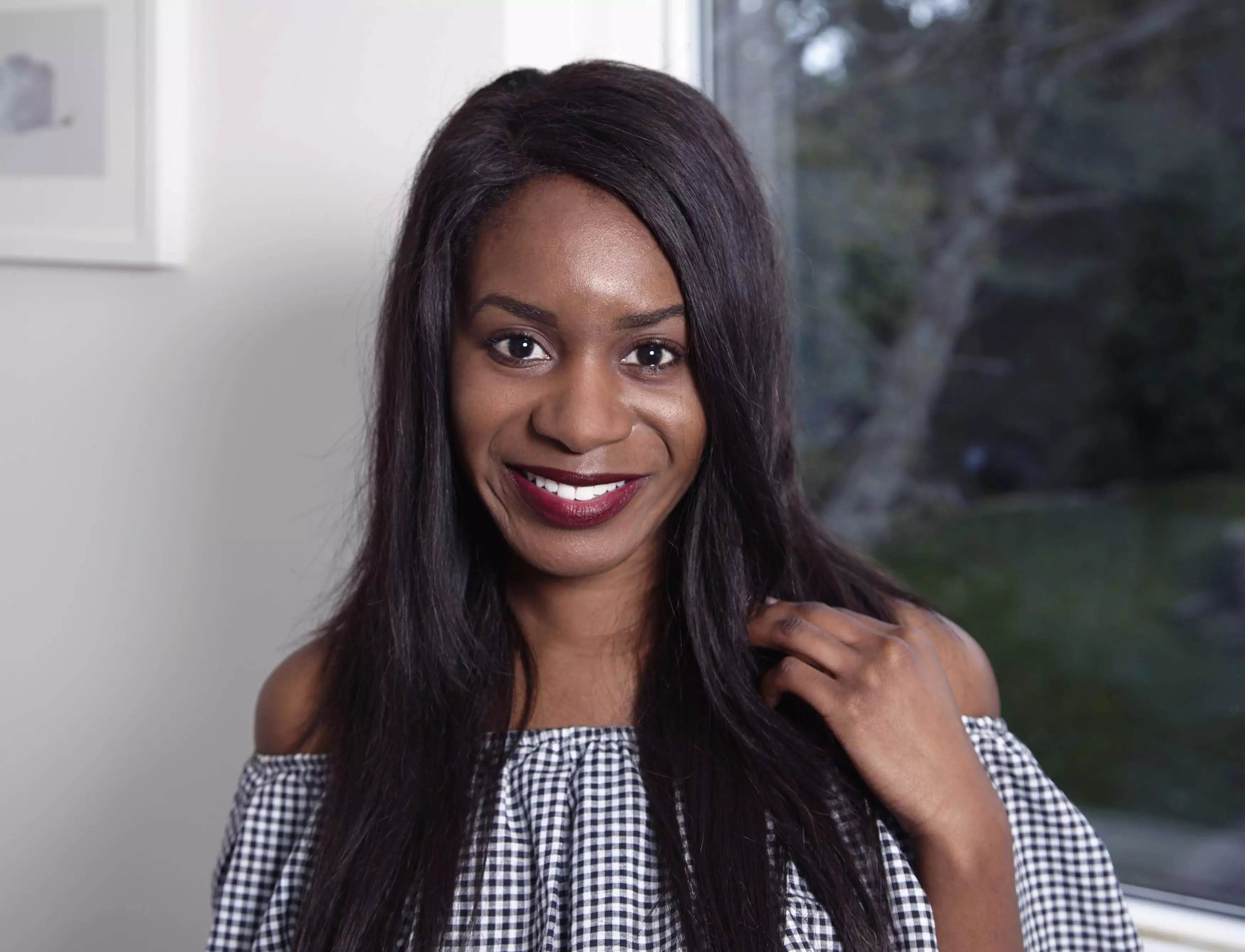
"For me, there are only two genders: male and female." These are the opening words of 21-year-old Tom, a construction worker who last week became the unlikely hero of Genderquake, a British two-part reality show on Channel 4 engineered to open up discussions around gender and sexuality.
Billed as a kind of queer Big Brother - the fly on the wall reality TV series - committed to busting media myths, the show took a genuinely diverse cast, chucked them into a remote countryside house and filmed their every conversation.
Their interactions mirrored the wider conversation among people on the street right now, and made for interesting viewing. Saffron explained that they identify as non-binary, which basically means that their gender identity doesn't fit the boxes 'male' or 'female', to two elderly men, one of whom described it as a "trend", in the local pub.
The night before that, we saw Filomena, a cisgender - in other words, not trans - women argue that women are only women if they have wombs. She argued this point with an impassioned Cambell, a trans woman, who pointed out that not all women - trans or otherwise - can give birth, and that this argument is often weaponised by people wanting to argue that the identities of trans people aren't valid.
For people outside of LGBT+ circles, these conversations might be unfamiliar. However, by giving them a mainstream platform, British broadcaster Channel 4 has opened up the discussion to a new audience. Of course, these chats were accompanied by the usual reality show chaos - so expect rowdy, alcohol-fueled fun and romantic subplots to liven things up.

As the house got to know each other, they revealed details of their lives which broke with stereotypes. Cambell, for example, smashed the myth that all trans people are inherently radical when she claimed she just wanted a fairytale life. Markus, on the other hand, claimed in no uncertain terms that men can look feminine or wear make-up without feeling like these cosmetic enhancements are a commentary on their own gender identity.
These conversations have recurred throughout the last year, as a number of 'trans issues' have dominated the media, leading to misinformation, fear and, ultimately, a conflicted, confused society.
Genderquake aims to sum up that feeling of anxiety while also helping with answers to frequently-asked questions. It shows us the real people behind these questions. It also looks at the class and age divides that some people think are the reason for any confusion.
We see someone called Tom explaining that, in working class towns - which he reckons are based in the north of England - masculinity comes in one form, whereas "women are women". Elsewhere, accidental representatives of the older generation say that gender fluidity is a "trend".

Genderquake is a worthy watch. Not only does it break down complicated topics, it is entertainingt and spreads that classic reality show message: that any issues can be worked through once you get to know the people they affect.
Alongside the reality show, Genderquake: The Debate was also aired last week. The idea was to have more of a chat about the issues on the show.
Panelists were cherry-picked. Some were relatively new faces, whereas others were more seasoned. Social media had already been flooded with revelations weeks before the show aired, with several trans activists openly revealing that they had turned down invitations due to fear of being heckled by audience members.
As it turns out, these fears were accurate. Renowned Australian feminist Germaine Greer drunkenly disavowed statements she had previously made about trans women, whereas Novara Media journalist Ash Sarkar was forced to intervene on more than one occasion as audience members hurled insults at trans women panelists Caitlyn Jenner and Munroe Bergdorf. Meanwhile, Kenny Jones - a trans man who made headlines for fronting a menstruation campaign earlier this year - spoke passionately of period stigma and the ways in which hormone blockers had improved his life.
Never before has this much media coverage been dedicated to trans, queer and non-binary people. There are controversies, drama and brilliant chats nestled in amongst the chaos, but ultimately Channel 4's Genderquake season has done exactly what it set out to do by making conversations around gender and sexuality more entertaining, and more accessible, than ever before.
Advert
Words: Jake Hall
Topics: Smirnoff Free to Be, Channel 4